SA Wine Trailblazer: Thys Louw
Thys Louw has just spent a frosty Cape morning in the vineyards. “The guys are doing the winter pruning, it’s important for me to be there. I like to be involved in every aspect of the business.” Now in this book-lined study the sixth generation winemaker reflects on his family’s legacy. “There aren’t that many family owned, generational estates left,” he muses. The number he guesses is around 15.
Diemersdal Wine Estate though, Diemersdal isn’t going anywhere anytime time soon.
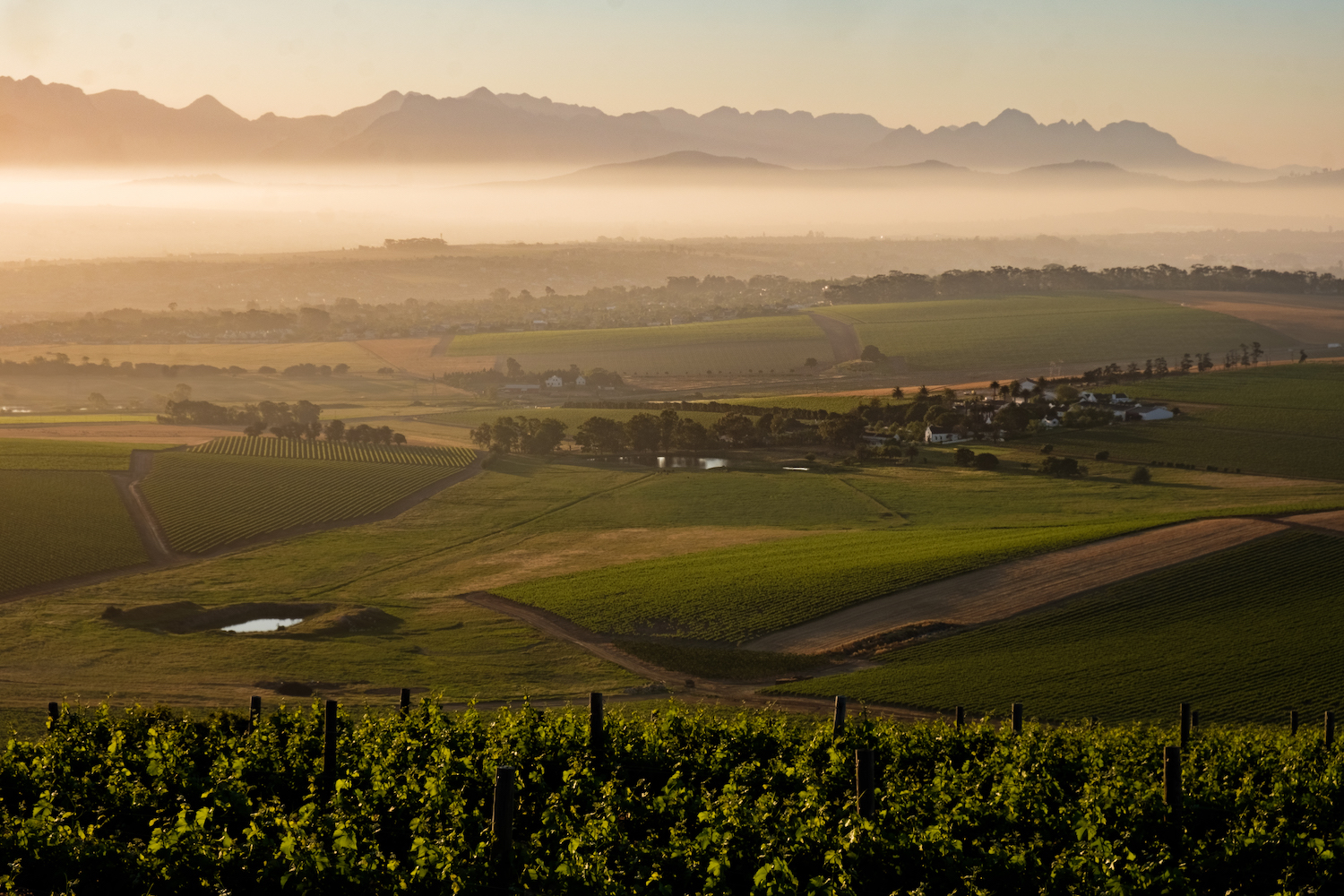
In fact this Durbanville sauvignon blanc powerhouse is going from strength to strength. “We harvest close on 3000 tonnes of grapes and produce about three million bottles annually,” shares Louw. This includes a substantial range of white and red wines with eight different sauvignon blanc offerings, including a Noble Late Harvest.
A lot of this success can be credited to Louw’s innovative practices as well as his holistic approach to the business. He’s involved in every facet. Don’t let his laidback, gentle persona fool you, he has a mind like a steel trap and is always thinking about the next strategy. Just this morning, after being satisfied with the pruning work, he was out in Darling where Diemersdal has now bought a new cellar facility, which will become an extension of the flourishing family brand.
“It’s the cellar of my dreams,” he says laughing. “It has all the bells and whistles!” Another project that’s currently occupying headspace for him is a new range of experimental wines. “We’re always experimenting in the cellar, but the wines generally just get blended away, we now want to bottle some of the successes.”
“I should have studied chartered accounting,” he half jokes. Louw grew up on his family’s sprawling estate where the Louws have been making wine since 1885; a childhood spent getting to know every tree, every vine. He attended the local high school after which he studied agriculture at Wellington College.
“I was always going to go and farm on Diemersdal, but I knew I first had to experience working at other wineries.”
This included a stint at Buitenverwachting in Constantia. “It was a great place to learn about white wine. Buitenverwachting’s legendary winemaker Hermann Kirschbaum was an important mentor for me.”
“He taught me that one can produce quality white wine at scalable volumes with the right viticultural as well as cellar practices in place.”
Louw says this had a ‘major influence’ on him when he started working at Diemersdal in 2005. His goal was to ensure the farm’s 200ha of vines delivered volumes of premium wines that make wine farming profitable. “Wine is art, but can’t survive if it is not a business.”
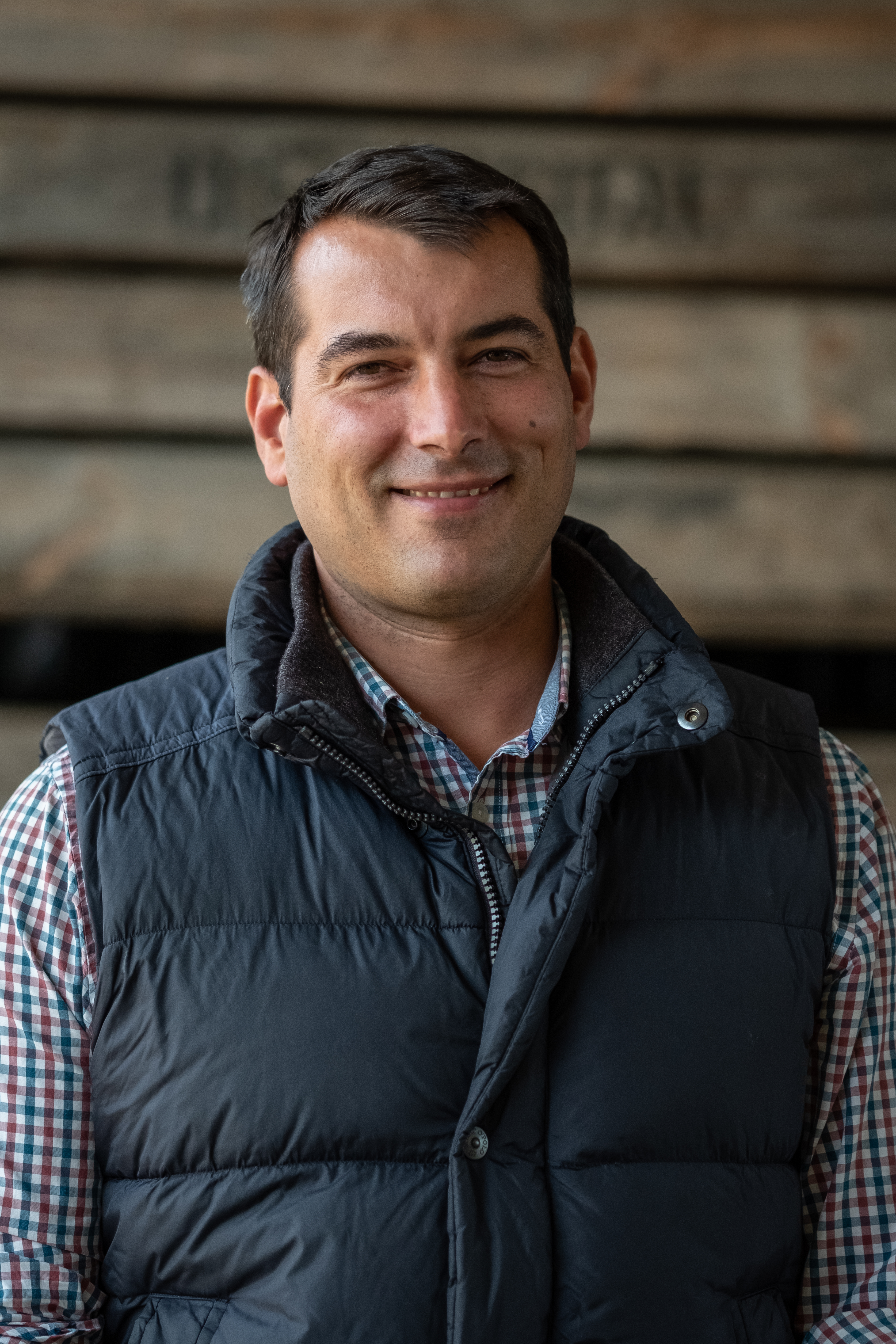
And sauvignon blanc was locked firmly in his sights as a way to bring Diemersdal into the future. “I have always liked to drink it,” he says with a smile. “So my palate started the whole thing off.”
That and the more he learnt about wine, the more he realised that sauvignon blanc was ideal for Diemersdal’s terroir with its decomposed granite soils and Durbanville’s cool climate.
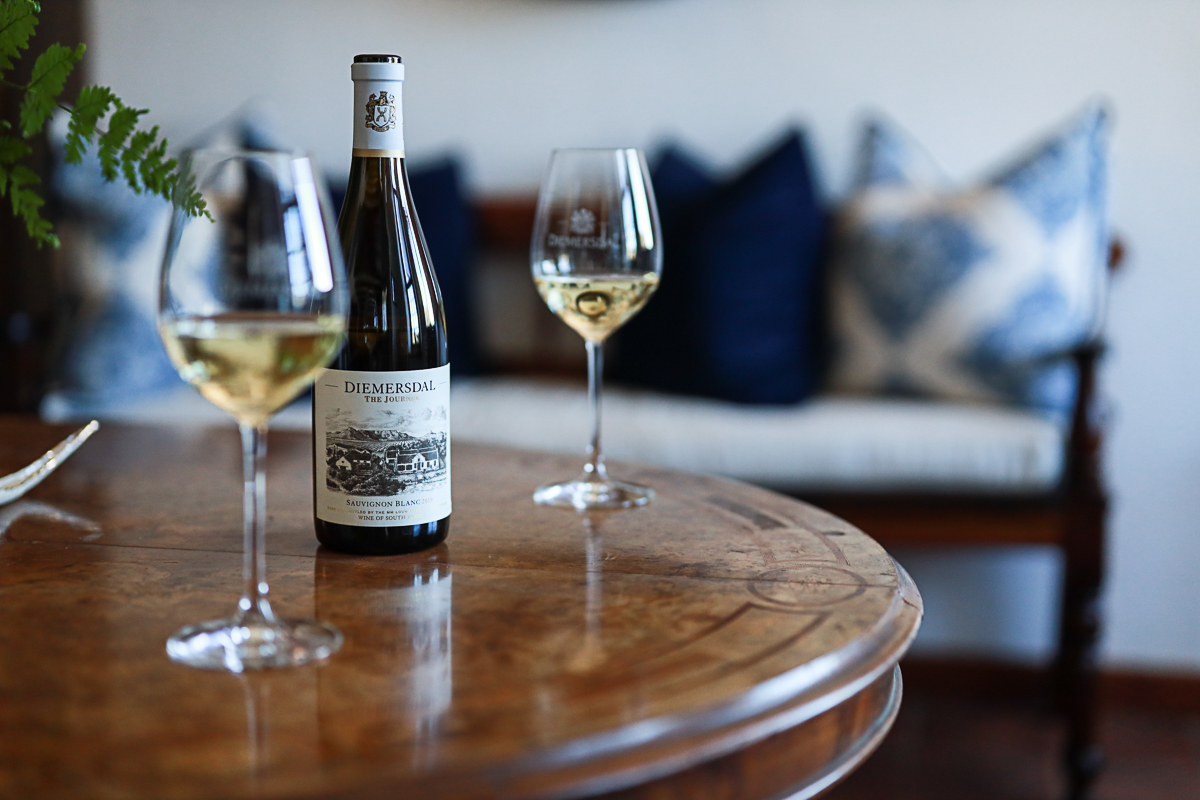
Growing up in a winemaking family wine has always been a part of his life. “I was fortunate to taste my father wines and to experience all the cycles in the vineyard and cellar, such as harvesting and blending.
“The flame was always there, but experiencing the Cape sauvignon blancs of the 1990s and early 2000s definitely lit something for me. I found the freshness and accessibility of the wines inspiring, as well the grape’s ability to make some of the world’s greatest, most complex wines. Experiencing the wines of Didier Dagueneau Pouilly Fumé and Alphonse Mellot from Sancerre was life-changing, as is each and every visit to the Loire Valley.
“So, knowing I was going to take over from my dad, I had plans to grow sauvignon blanc into Diemersdal’s leading variety – before he even knew about it!”
His father Tienie he describes as his anchor crediting his precise farming methods as one of his main inspirations, that and how he paved the way for Diemersdal getting into the volume wine market.
“He has always taught me to be humble and to respect wine – you are never greater than the wine.”
In 2005 when he came to work at the farm, he of course, immediately wanted to make sauvignon blanc. “My father said, ‘not so fast, you’ve got to show me what you can do’.”
And so Tienie bestowed upon his son just eight rows of a certain sauvignon blanc vineyard to harvest and make wine from. “Fortunately, I got it right, and this is still our Diemersdal Eight Rows Sauvignon Blanc.
He says having volumes of high quality grapes to work with means he can push the boundaries. “There is the satisfaction of harvesting, fermenting and bottling the big volumes commercial lines of Diemersdal Sauvignon Blanc and the Reserve. Then a sense of adventure has taken us to the Winter Ferment, where we make a wine in July from sauvignon blanc juice frozen at harvest in February, leading to a wine with intense thiols and freshness. And with The Journal we can be more traditional, using wood for added complexity.” Part of his innovative strategy also includes the Diemersdal Marlborough Sauvignon Blanc, a wine produced near Nelson on New Zealand’s South Island but bottled under the South African brand.
“I know it is a cliché, but all this would not be possible without good grapes. Farming the land is at the heart of it all.” Precision is his overarching philosophy, saying he knows exactly what each block on the farm is going to deliver in terms of style, volume and price of each wine that goes to market. “An important part of this is my belief in dryland, unirrigated viticulture, only the roses on the farm get water, the rest is all unirrigated. I sincerely believe in this approach and believe it to be major contribution to our wine quality.”
On of the top moments so far he shares was when Rassie Erasmus posted a video of himself dancing with a bottle of Diemersdal wine. “It was crazy to see, and the reaction we received about the wine being part of Rassie’s irreverent show was incredible.”
Louw believes in the power of positivity and the bright future of South African wine. The seventh generation, his three children, are already learning about the economic realities of the wine business. “We have a tradition before going to Grade 1. The kids each have to make their own barrel of wine, which they also have to oversee the design process of the label, as well as sell it themselves through the tasting room. The profits saved to be used for after finishing school.”
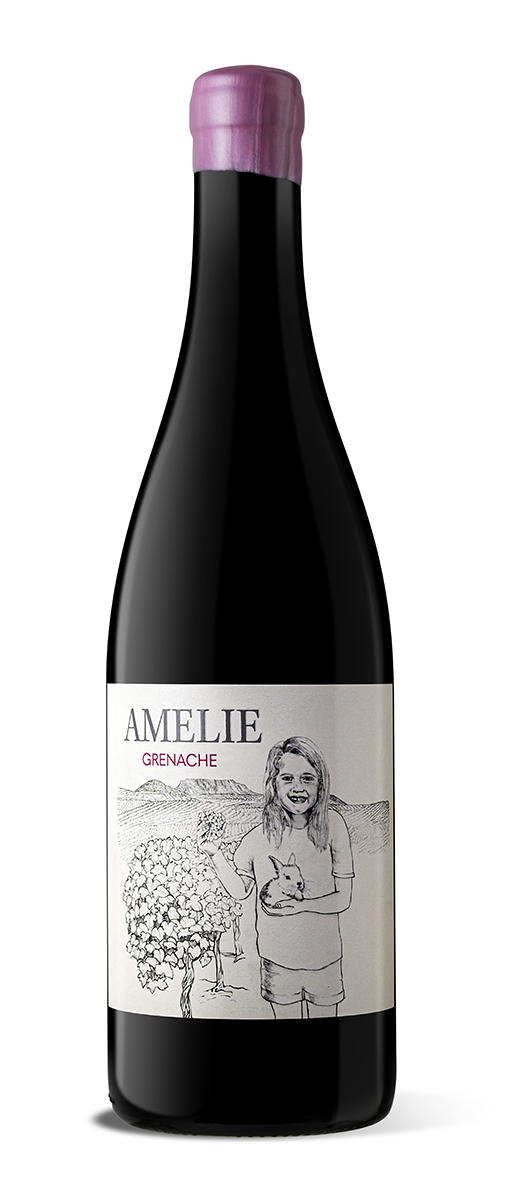
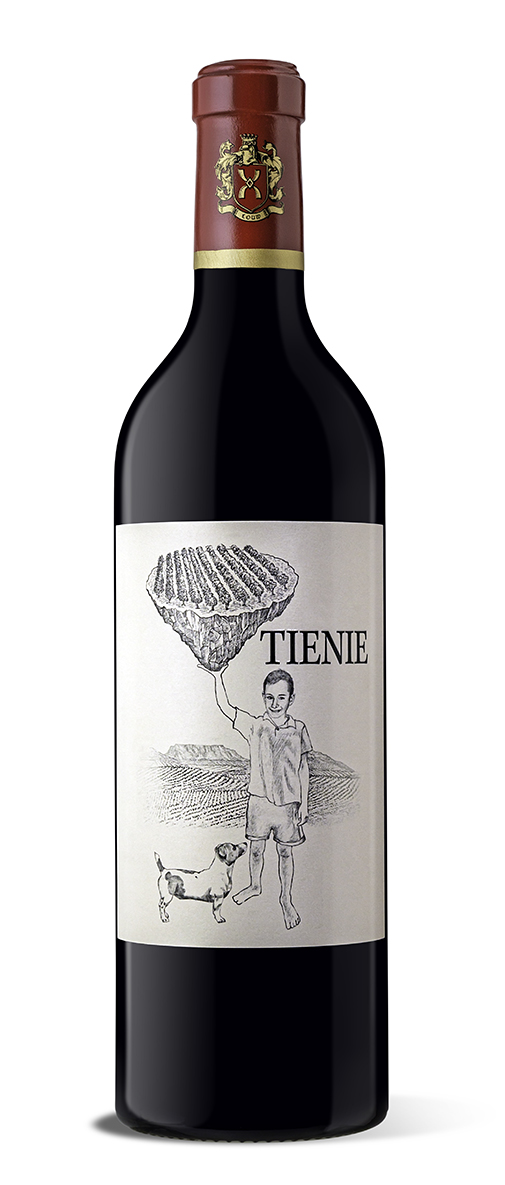
With an innovator like Louw at the helm of this important generational estate, the future does indeed look bright for South African wine. I for one can’t wait to see what he gets up to next.
.JPG)
- Blog by Malu Lambert